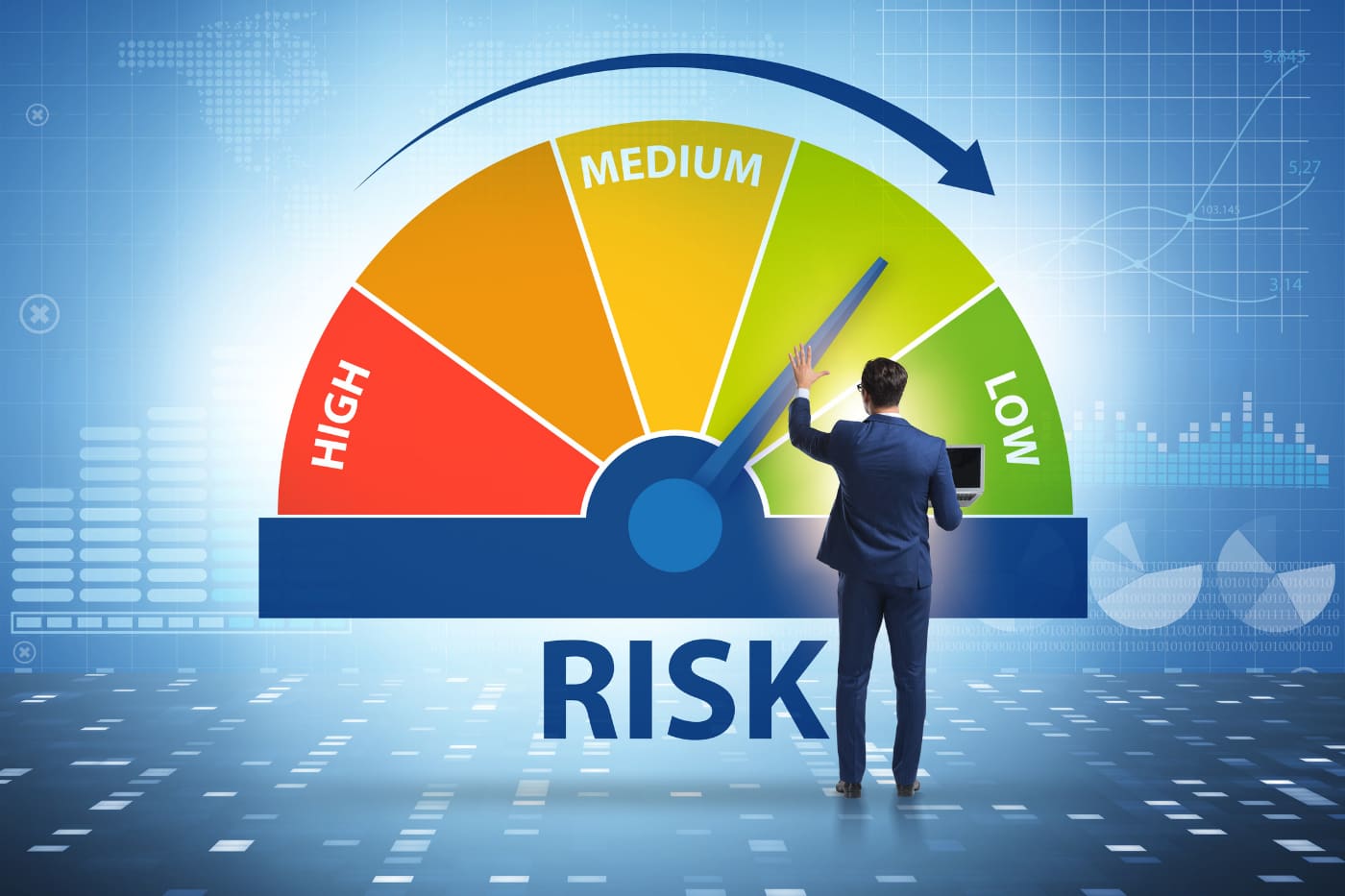What is Business Insurance?
What is Business Insurance? In the dynamic landscape of commerce, businesses face an array of risks that could threaten their stability and growth. From natural disasters to lawsuits, the potential for unforeseen events to disrupt operations is ever-present. To mitigate these risks, businesses turn to a crucial financial tool: insurance. Among the various types of insurance available, business insurance stands out as a fundamental safeguard for enterprises of all sizes and sectors. This comprehensive coverage provides protection against a multitude of risks, ensuring that businesses can thrive even in the face of adversity.
At its core, business insurance is a contract between a business and an insurance company, wherein the insurer agrees to provide financial protection against specified risks in exchange for regular premium payments. Unlike personal insurance policies that protect individuals and families, business insurance is tailored to the unique needs and vulnerabilities of commercial entities. It serves as a safety net, shielding businesses from potential losses that could arise from property damage, liability claims, employee injuries, and other unforeseen circumstances.
Types of Business Insurance
Business insurance encompasses a diverse range of coverage options, each designed to address specific risks encountered by enterprises. Some of the most common types of business insurance include:
- Property Insurance: This form of insurance protects against damage to physical assets such as buildings, equipment, inventory, and furnishings. It typically covers perils such as fire, theft, vandalism, and natural disasters like earthquakes and floods.
- Liability Insurance: Liability insurance shields businesses from legal claims arising from bodily injury or property damage caused to third parties. It includes general liability insurance, which covers common risks, as well as specialized forms like product liability insurance and professional liability insurance (errors and omissions).
- Commercial Auto Insurance: Designed for vehicles used for business purposes, commercial auto insurance provides coverage for accidents, theft, and other damages involving company-owned or leased vehicles.
- Workers’ Compensation Insurance: Mandated in most jurisdictions, workers’ compensation insurance provides benefits to employees who suffer work-related injuries or illnesses. It covers medical expenses, lost wages, rehabilitation costs, and death benefits.
- Business Interruption Insurance: Also known as business income insurance, this coverage helps businesses recover lost income and cover ongoing expenses in the event of a temporary shutdown due to covered perils such as fire, natural disasters, or other disruptions.
- Cyber Insurance: With the proliferation of cyber threats, cyber insurance has become increasingly important for businesses that store sensitive data or rely on digital systems. It provides protection against data breaches, ransomware attacks, and other cyber incidents.
- Key Person Insurance: This type of insurance provides financial protection to businesses in the event of the death or disability of a key employee or owner. It helps cover costs associated with recruiting and training replacements or compensating for lost revenue.
- Commercial Property Insurance: While property insurance covers physical assets, commercial property insurance extends protection to buildings, equipment, and inventory stored at off-site locations or during transit.
- Professional Liability Insurance: Also known as errors and omissions insurance, professional liability insurance protects businesses against claims of negligence, errors, or omissions in the provision of professional services. It is commonly purchased by consultants, lawyers, accountants, and other service-based professions.
- Directors and Officers (D&O) Insurance: D&O insurance provides financial protection to directors and officers of a company in the event they are sued for alleged wrongful acts or decisions made in their roles. It covers legal expenses, settlements, and judgments.
These are just a few examples of the numerous insurance options available to businesses. Depending on the nature of the enterprise, its industry, and its risk profile, businesses may require a combination of different coverages to adequately protect their interests.
Benefits of Business Insurance
The importance of business insurance cannot be overstated, as it offers several key benefits to enterprises:
- Financial Protection: Business insurance provides a financial safety net, helping businesses recover from unexpected losses without facing crippling financial consequences. Whether it’s repairing damaged property, settling legal claims, or compensating injured employees, insurance coverage ensures that businesses can continue operating without bearing the full brunt of the costs.
- Risk Management: By identifying potential risks and implementing appropriate insurance solutions, businesses can proactively manage their risk exposure. Insurance allows businesses to transfer certain risks to an insurer, reducing the likelihood of catastrophic losses that could jeopardize the company’s viability.
- Legal Compliance: Many forms of business insurance, such as workers’ compensation insurance and commercial auto insurance, are required by law in most jurisdictions. Maintaining adequate insurance coverage ensures that businesses remain compliant with legal regulations, avoiding potential fines, penalties, or legal liabilities.
- Enhanced Credibility: Having insurance coverage can enhance a business’s credibility and reputation, instilling confidence in customers, partners, and stakeholders. Businesses that are properly insured demonstrate their commitment to protecting the interests of their clients and employees, which can be a competitive advantage in the marketplace.
- Peace of Mind: Perhaps most importantly, business insurance provides peace of mind to business owners and stakeholders, knowing that their assets, employees, and operations are protected against unforeseen events. This peace of mind allows businesses to focus on their core activities and pursue growth opportunities with confidence.
Factors to Consider When Choosing Business Insurance in What is Business Insurance?
Selecting the right insurance coverage for a business requires careful consideration of several factors:
- Risk Assessment: Conduct a thorough risk assessment to identify potential hazards and vulnerabilities specific to the business. This includes evaluating the nature of the business, its industry, geographic location, size, and other relevant factors that could impact its risk profile.
- Coverage Needs: Determine the types and amount of coverage needed to adequately protect the business against identified risks. Consider factors such as property value, liability exposure, number of employees, and potential legal liabilities when selecting insurance policies.
- Insurance Providers: Research and compare insurance providers to find reputable companies with a track record of financial stability and reliable customer service. Obtain quotes from multiple insurers to ensure competitive pricing and favorable terms.
- Policy Terms and Exclusions: Carefully review the terms, conditions, and exclusions of insurance policies to understand the scope of coverage and any limitations or restrictions that may apply. Pay attention to details such as coverage limits, deductibles, and claims procedures.
- Customization Options: Look for insurers that offer customizable insurance solutions tailored to the specific needs of the business. Some insurers may offer additional endorsements or riders that can enhance coverage or address unique risks not covered by standard policies.
- Risk Management Strategies: Implement risk management strategies and loss prevention measures to minimize the likelihood of insurance claims and reduce insurance premiums. This may include implementing safety protocols, training employees, and maintaining proper documentation of business activities.
- Review and Update: Regularly review and update insurance coverage to ensure that it remains adequate and relevant to the evolving needs of the business. As the business grows, expands into new markets, or introduces new products or services, its insurance requirements may change accordingly.
Conclusion on What is Business Insurance?
In an unpredictable and volatile business environment, the importance of business insurance cannot be overstated. From protecting against property damage and liability claims to safeguarding against cyber threats and employee injuries, insurance coverage is essential for the long-term success and resilience of enterprises. By understanding their risks, selecting appropriate insurance solutions, and implementing effective risk management strategies, businesses can mitigate potential losses and thrive in an increasingly competitive marketplace. In today’s interconnected world, investing in comprehensive business insurance is not just a prudent financial decision—it’s a fundamental aspect of responsible business stewardship.






